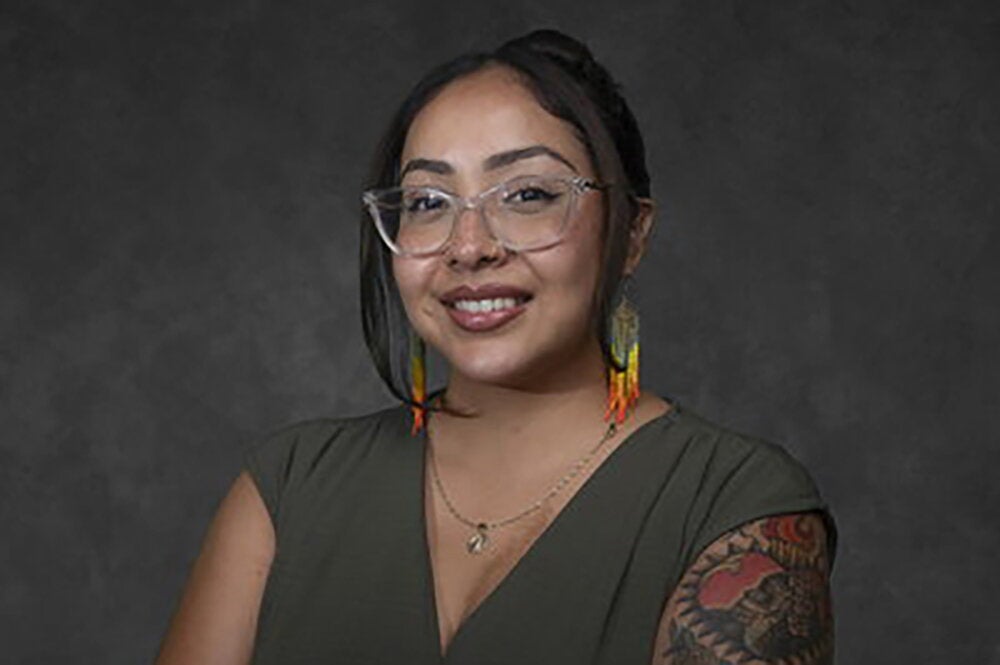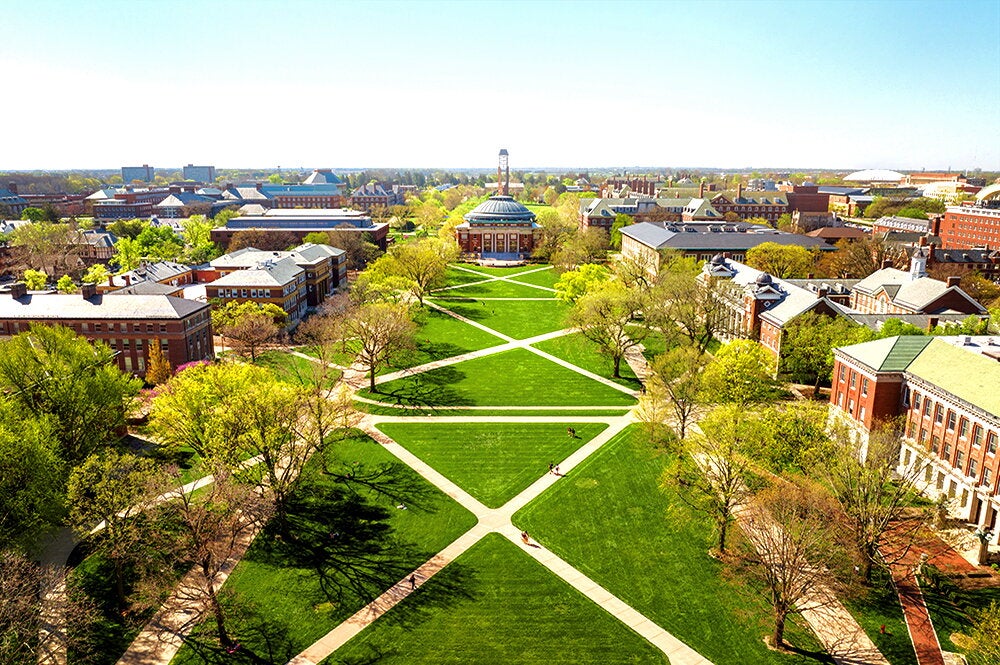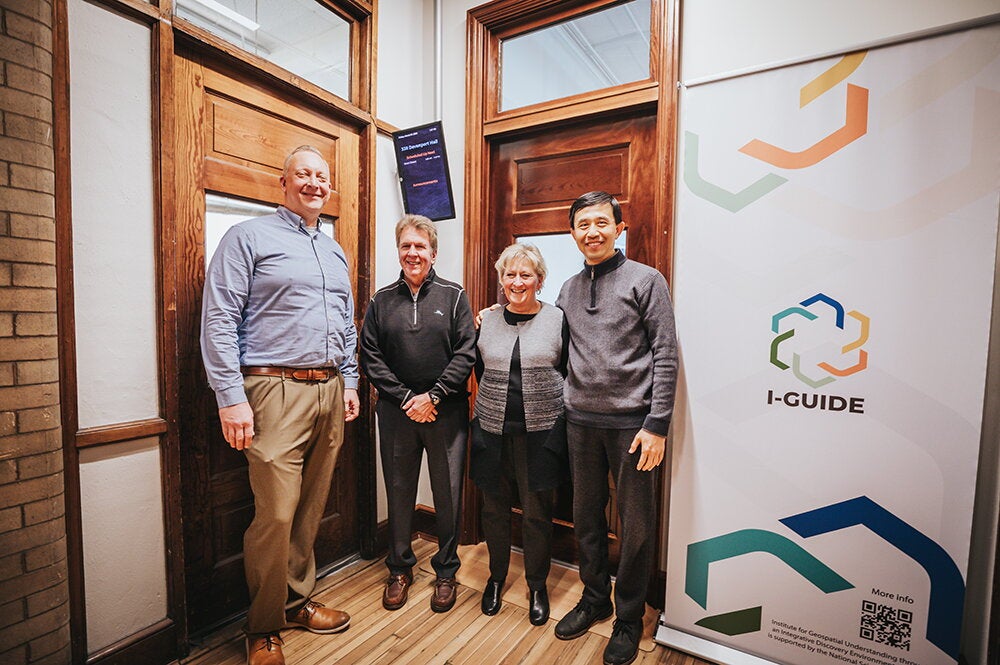The 40-year career at Merck Research Laboratories of chemist Seemon H. Pines (MS, '49; PhD, '51, chemistry) has been in pursuit of therapeutic agents that fight infection, reduce inflammation, and make us healthier. This College of LAS Achievement Award winner has accomplished the seemingly impossible by developing the means for economically synthesizing a staggering number of life-enhancing drugs.
One such drug whose synthesis is attributed to Pines is cortisone, the powerful steroid hormone that controls inflammation, pain, and mineral balance. Scientists at Merck had known, since the 1940s, about cortisone's beneficial properties. However, they and others within industry considered the molecule too difficult to isolate to be commercially viable as a drug. Pines's efforts made cortisone treatments affordable, easing the suffering of millions and changing the outlook of pharmaceutical companies about what was achievable in chemical synthesis.
This notable accomplishment was quickly followed by essential contributions to the synthesis of such well-known pharmaceuticals as niacin (vitamin B3), penicillin, methyl-DOPA (an anti-Parkinson's agent), and indomethacin (an anti-inflammatory).
His crowning achievement was in leading the Merck team that facilitated the commercial synthesis of the antibiotic Primaxin. In the 1960s, Merck scientists isolated a promising natural agent called thienamycin that had showed unprecedented potential as an antibiotic. With bacterial resistance to penicillin already a serious problem, Merck realized that the new agent offered wider protection, but, again, as with cortisone, it felt the manufacture of thienamycin was practically impossible. Pines's team soon set a new standard for chemical synthesis. The work was described as "elegant" by a vice president of Merrill Lynch and as "visionary" by Paul Reider, Pines's successor at Merck. For his accomplishment, Pines won Merck's highest scientific honor, the Director's Scientific Award, which carries a $50,000 prize. Pines promptly donated the award to the College of LAS' Department of Chemistry to support scholarly activities.
A determined man of implacable will, this World War II Navy veteran overcame a bout with polio after arriving at Illinois for his graduate studies. He then went on to do extraordinary work with faculty he still calls "the best in the world." In the true spirit of a College of LAS graduate, he returns to the campus regularly to share his success and talents with the next generation.


